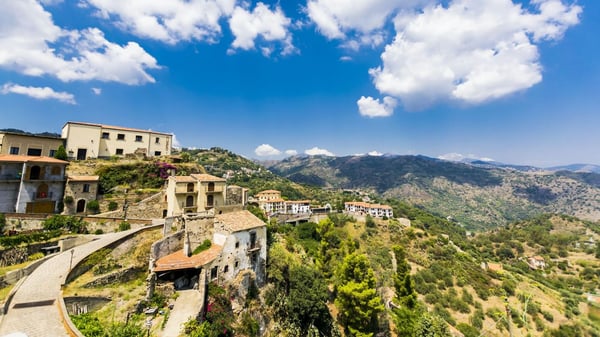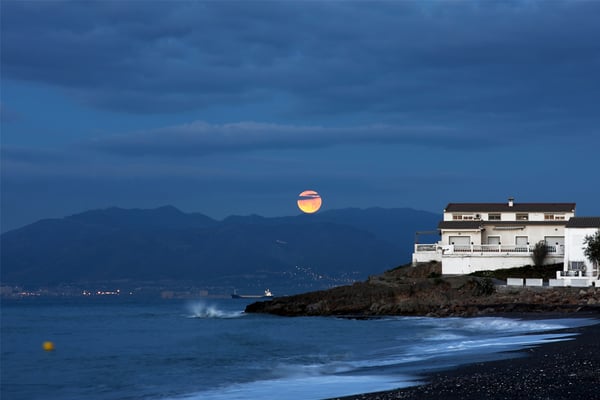Foreigners interested in buying cheap property in Italy can look forward to joining a thriving expat community. As of 2021, Italy's foreign population is five million, with Brits and Americans making up the majority of expats. It's easy to understand the appeal of “la bella vità”, especially after an aperitivo enjoyed on a sun-lit Italian terrace. Italy may have captured many a foreigner's heart on holiday, but is buying property in Italy a good investment? This article explores some of the practical benefits of purchasing property and making a home from home in Italy.
If you need to exchange currency to pay for a property overseas, you should be aware of hidden bank fees and fluctuating exchange rates. At up to eight times cheaper than a typical bank, CurrencyFair's safe, reliable service saves you money, leaving you with more cash to spend on your dream home in Italy.
1. Property in Italy can be surprisingly cheap
You can get a property in Italy for a relatively modest budget, at least compared with the USA and most of Western Europe. Why is property in Italy so cheap? Even palatial homes are available for just one euro. One of the reasons it's so cheap are the potential downsides, such as the need for vast repairs and construction works. There are also properties that are ready to move into for as little as US$9,000. And mortgage rates are generally more favourable in Italy than the USA, where a 30-year mortgage rate is 2.8% on average, compared to just 1.2% in Italy. Overall, Italian housing is 87% cheaper than in the USA.
There are also a number of tax-related financial advantages to buying a property in Italy, such as:
-
No capital gains tax for non-residents if you sell your property more than five years after you bought it.
-
A government “Superbonus” policy with payouts for renovations that increase a property's energy efficiency.
-
Income tax capped at �100,000 per year.
-
The first home benefits initiative (see below).
Buying a property in Italy usually involves a number of fees and taxes - the standard advice is to allocate 10% of the property price for these charges. The first home benefits scheme offers cost savings such as lower property taxes and VAT or registration fee reductions, as well as a mortgage tax reduction of �50 rather than � 200. However, keep in mind that not every home qualifies for first home benefits - exceptions are properties considered luxury homes, as well as rental properties. And you must be resident in the same municipality where your property is located. If you're not yet resident there, you have 18 months to establish residency after the purchase of your home.
2. Affordable cost of living in Italy
Cost of living is, of course, also relative and depends on where you're currently residing. The cost of living in Italy is 8% more expensive than in Spain, for example, but is generally cheaper than in the UK and USA. The UK has a higher cost of living index than Italy (67.9 in the UK compared with 66.5 in Italy) with utilities and transport coming out as far cheaper in Italy. And the United States is also 34% more expensive to live in than the richer Italian cities in the north of Italy and becomes up to 50% cheaper if you move to the Italian countryside or one of the southern cities such as Bari. If you're working with a limited budget, it pays to research which regions offer the most affordable prices.
You should also consider that healthcare is free to Italian residents, so if you're currently paying medical bills then you will likely end up saving this money.
However, the cost of living generally corresponds with salaries. So if you're moving to Italy to work there then you may have a lower income than you're used to back home. Or perhaps your business moved online during the Covid-19 pandemic and you're looking for a beautiful Italian abode where you can work remotely. In this case, you may not be affected by lower salaries but you should consider how working abroad affects your employment and tax residency.
3. Diversity of activities on offer
It's fair to say that whatever you're into, Italy can probably deliver the goods. Whether you're interested in fine art, culture, beach life, hiking, ancient history, fashion, food, wine or skiing - you'll have access to all of the above in Italy. Decide what's most important to you and locate yourself where your interests are accessible. Most of the major cities would be ideal for history and art lovers, whereas sun worshippers would do better to head for the coastal towns in the South of the country. In any case, it's easy and cheap to get around the country (see below), so you're free to explore.
4. Vast travel opportunities
Italy is well connected by reliable and affordable public transport links, whether you prefer to travel by air, rail or bus. And if you have a car at your disposal, you can try your hand at navigating the Italian roads. With a bit of spare income, you'll have a myriad of opportunities for experiencing all that Italy has to offer.
Beyond the country itself, it's also easy to travel to other European countries as Italy borders France, Austria, Switzerland and Slovenia. You could even hop over to islands such as Sicily, Sardinia or Capri. In the unlikely event that you become bored of mainland Italy, you're just hours away from new territories to explore.
La dolce vita - for life or just for holiday?
With 94 million tourists per year, Italy is the third most visited country in the world. Its popularity is undeniable, but does it make sense for you to invest in property there? It's true that you can experience any kind of lifestyle in Italy, from a relaxed existence on the coast to a fast-paced urban adventure in a bustling city such as Milan. The cost of living is cheap in comparison to the UK and USA, property is affordable and also straightforward for foreigners to buy. The services and infrastructure are reliable and there are added perks for residents such as free healthcare.
However, there are a number of pitfalls to be aware of, especially when purchasing under the one-euro property scheme. You should also bear in mind that buying property in Italy doesn't automatically grant you the right to residency, so you'll need to research whether you need a visa. And there are always unexpected costs when purchasing a property overseas, such as bank transfer fees and unfavourable exchange rates. Perhaps it's more realistic to spend your budget on regular holidays there, rather than on buying property. As with any large purchase, you should take time to consider whether an investment in an Italian property really makes sense for you.
Planning on moving abroad? Save money on your currency exchange with CurrencyFair's great exchange rates and world-class customer support.
This information is correct as of 16 November 2021. This information is not to be relied on in making a decision with regard to an investment. We strongly recommend that you obtain independent financial advice before making any form of investment or significant financial transaction. This article is purely for general information purposes. Photo by Guillaume Meurice from Pexels.

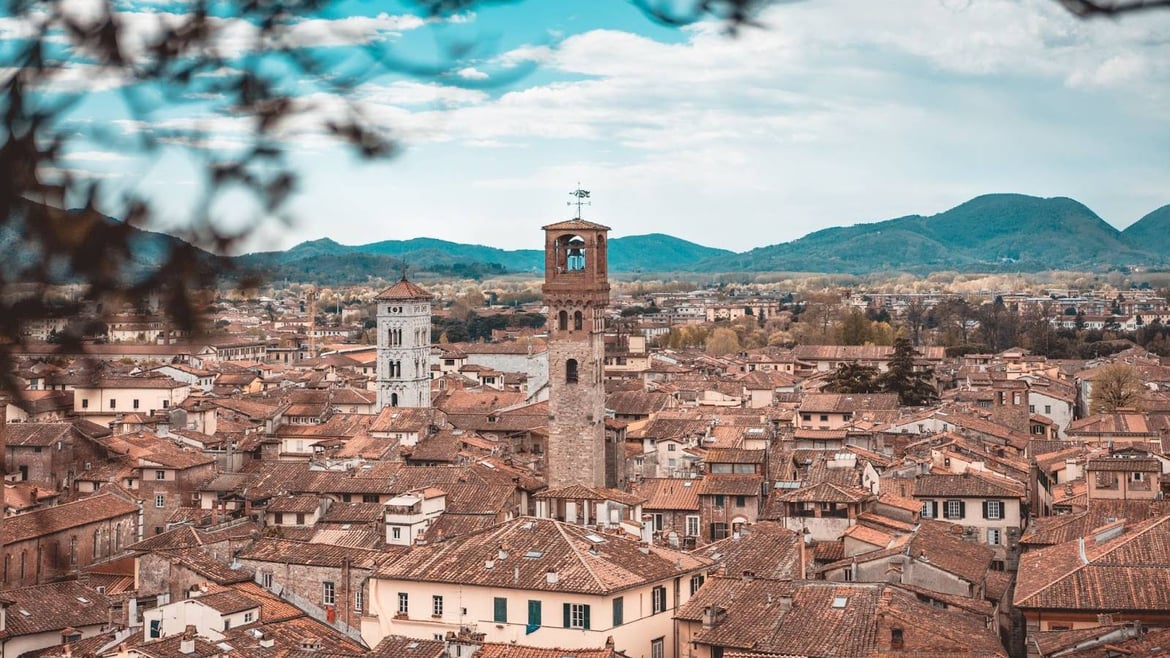



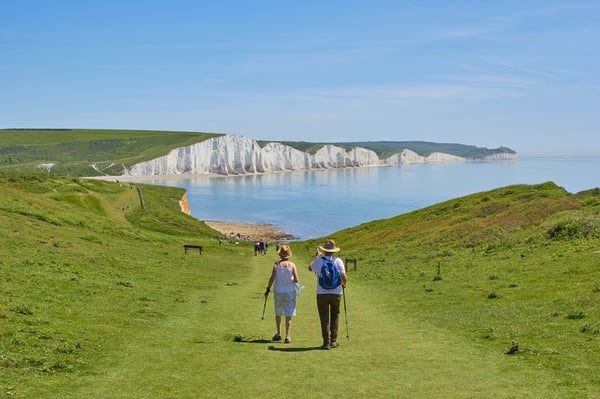
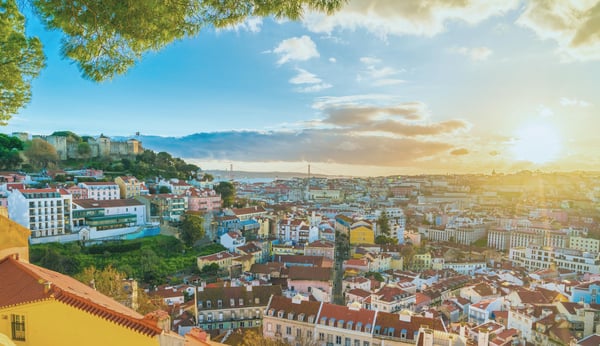

.jpg?width=600&name=christian-allard-RlNXFBkOU2k-unsplash%20(1).jpg)

